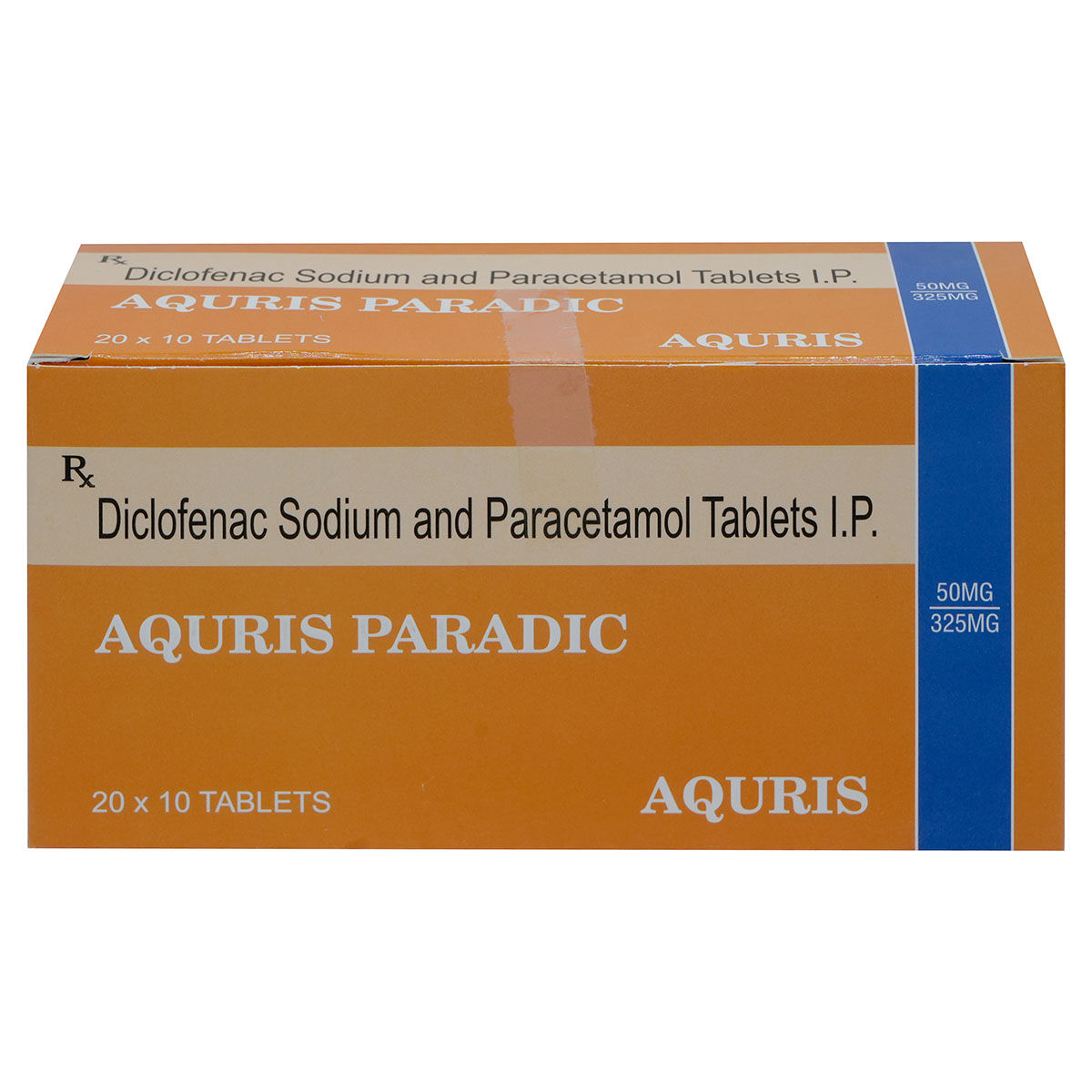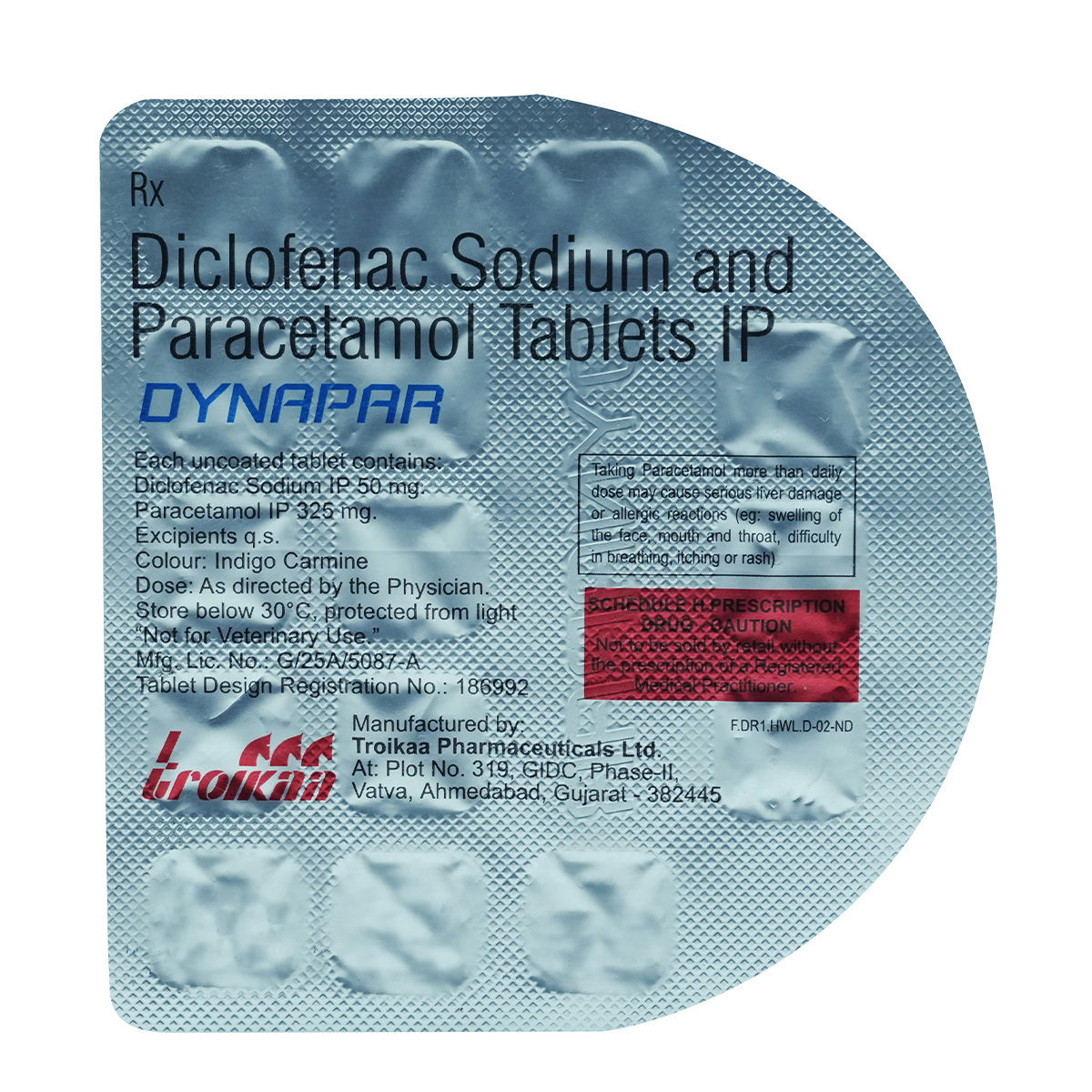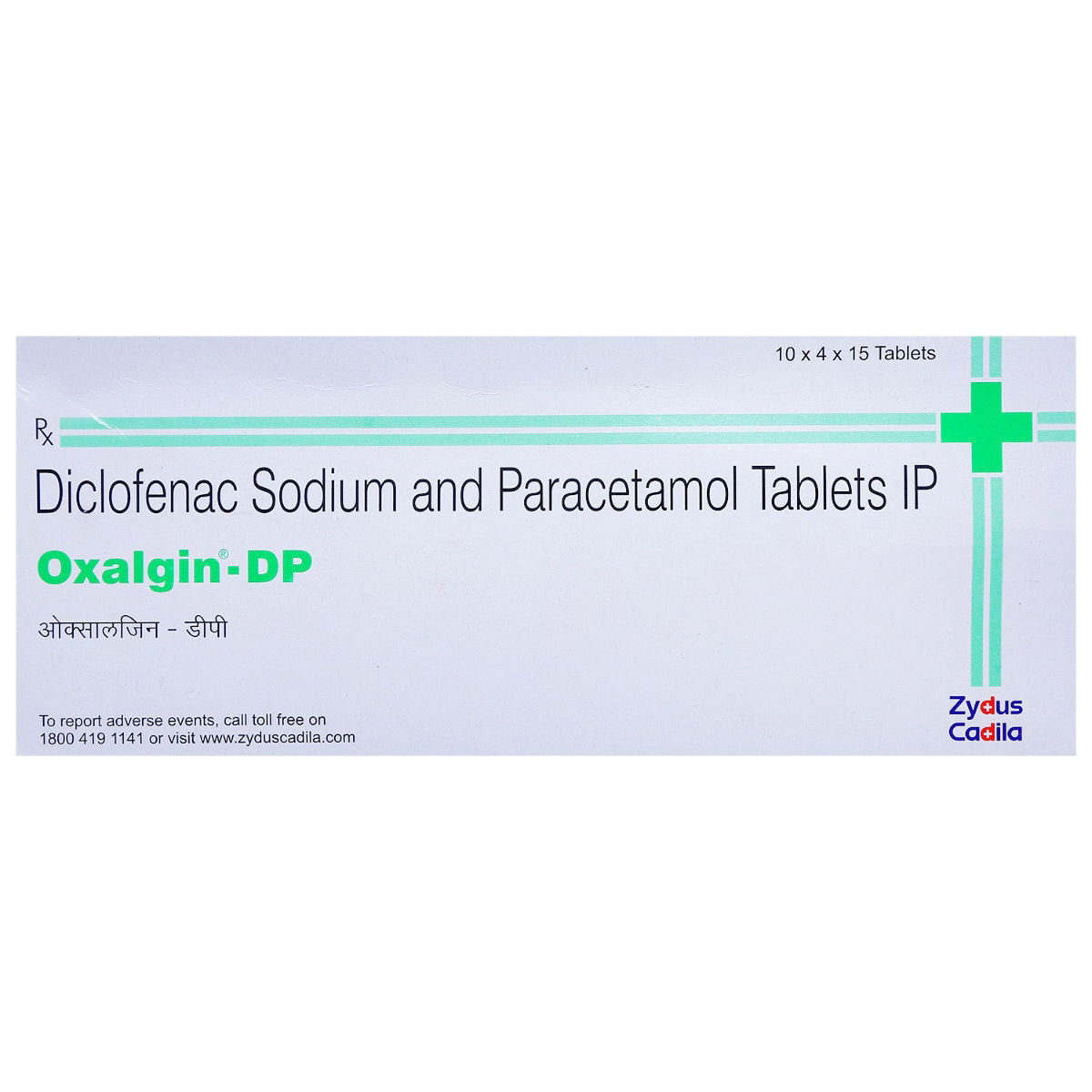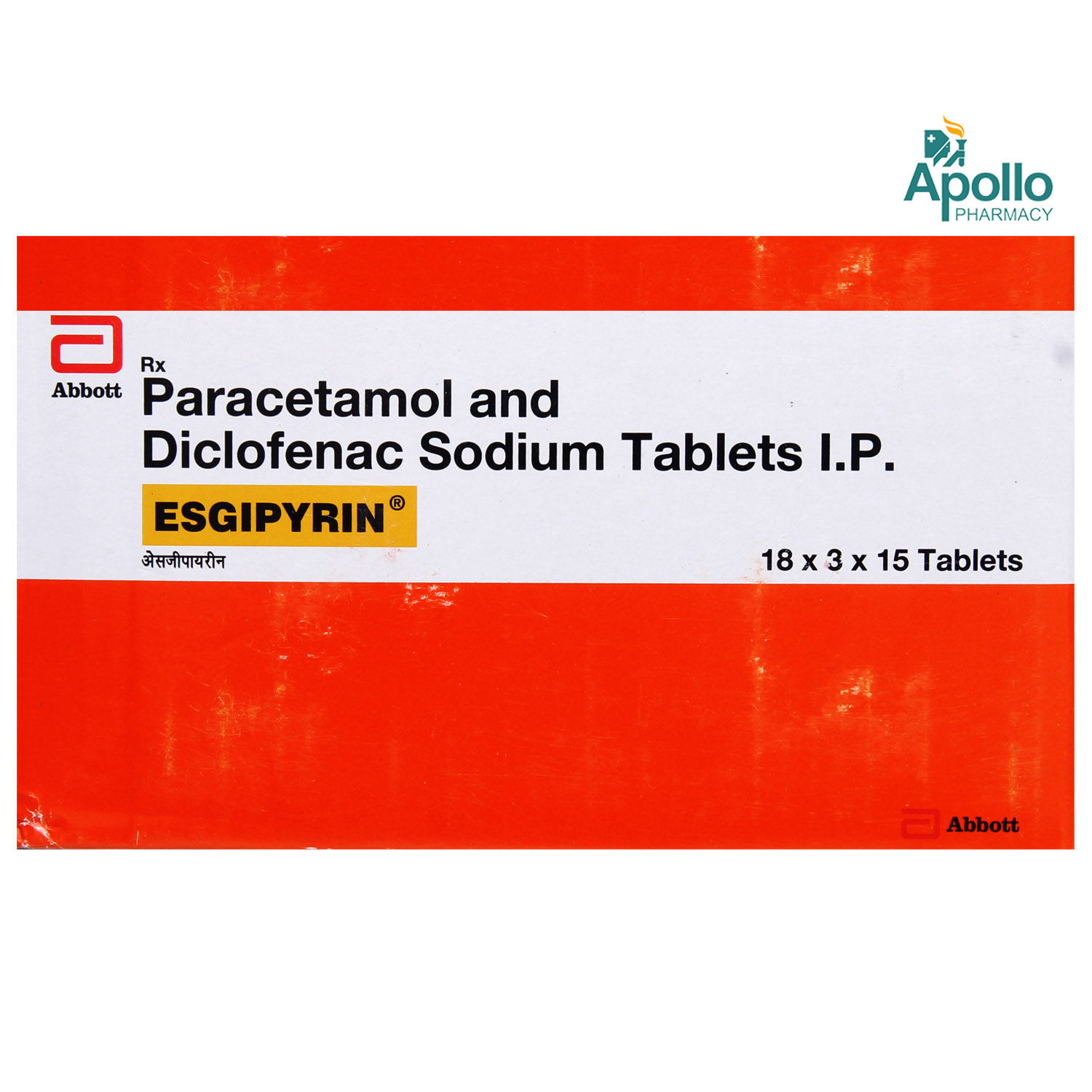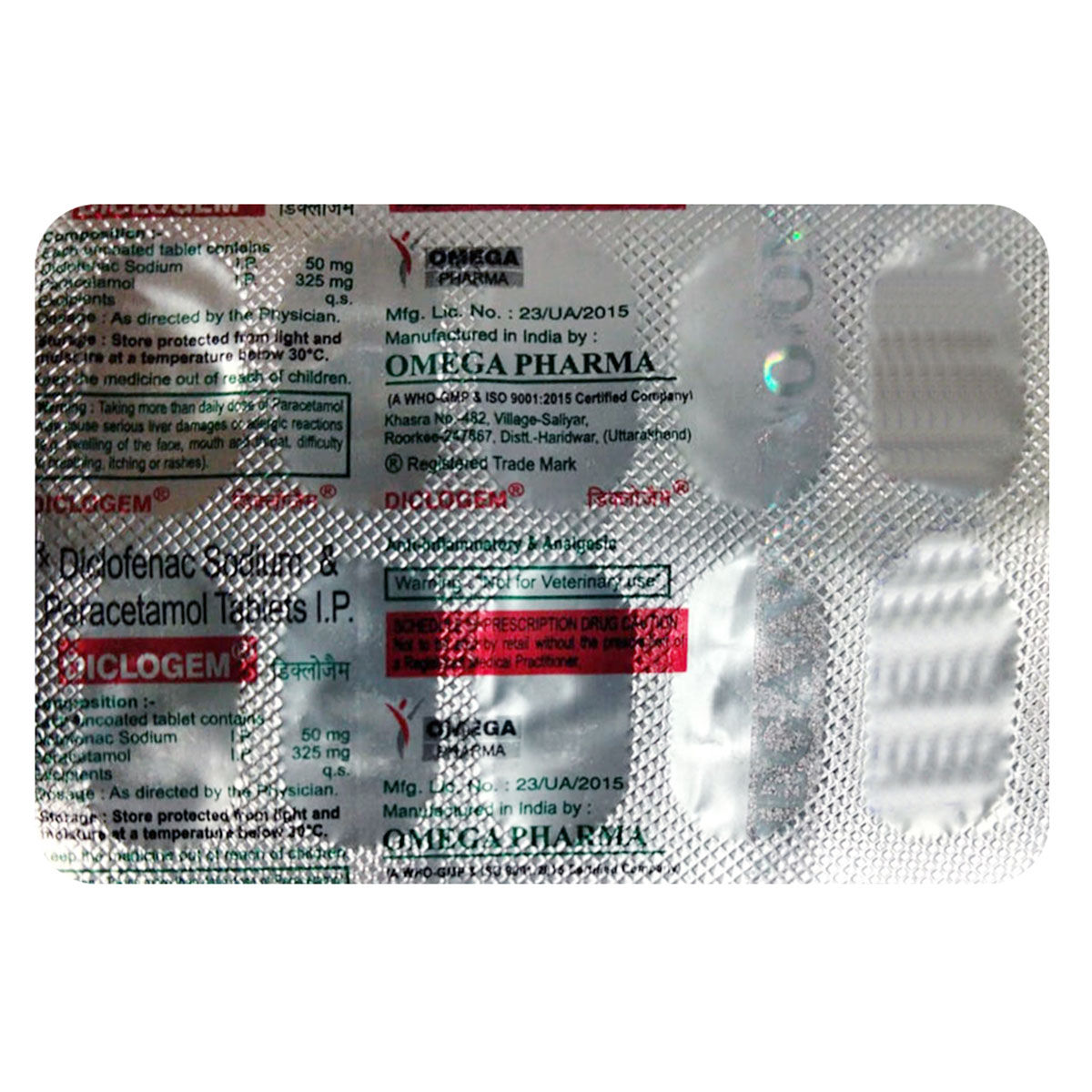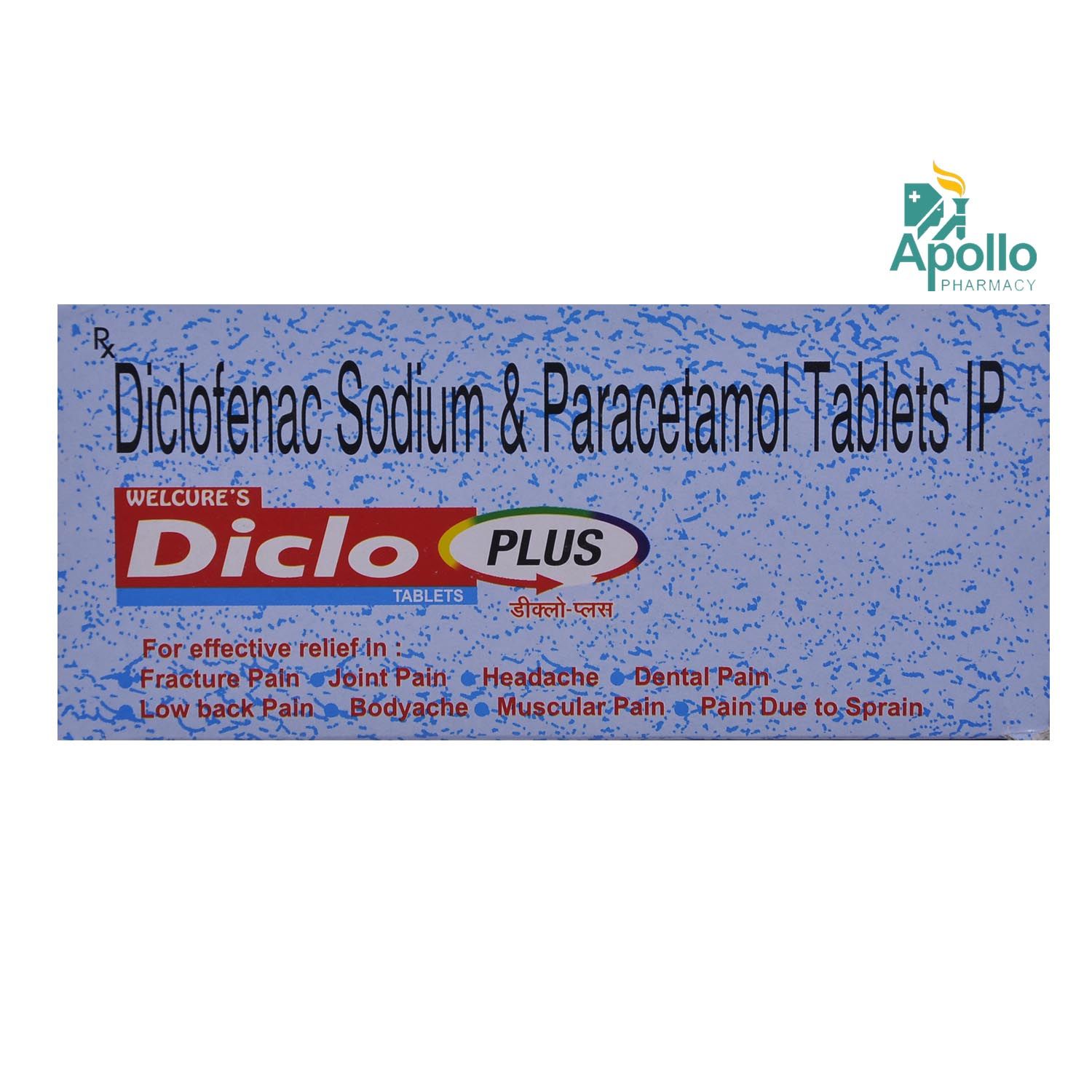ANAFEN TABLET

₹30.33*
MRP ₹33.7
10% off
₹28.64*
MRP ₹33.7
15% CB
₹5.06 cashback(15%)
Free Delivery
With Circle membership
(Inclusive of all Taxes)
This offer price is valid on orders above ₹800. Apply coupon PHARMA10/PHARMA18 (excluding restricted items)
Know Your Delivery Time
Provide Delivery Location
Available Offers
 Prescription drug
Prescription drugWhats That

Secure Payment

India's Most Trusted Pharmacy

Genuine Products
Composition :
Manufacturer/Marketer :
Consume Type :
Return Policy :
Expires on or after :
About ANAFEN TABLET
ANAFEN TABLET is used to treat painful musculoskeletal joint conditions like osteoarthritis, rheumatoid arthritis, and ankylosing spondylitis.
ANAFEN TABLET contains Diclofenac (analgesic) and Paracetamol (fever reducer/mild analgesic), effective against painful musculoskeletal pain, joint pain, and skeletal muscle spasms. Diclofenac works by blocking the action of a chemical messenger known as cyclo-oxygenase (COX), which causes pain and swelling at the injured or damaged tissue site. On the other hand, paracetamol acts as a mild analgesic (mild pain reducer) and antipyretic (fever reducer), enhancing Diclofenac's pain relief action. It also helps relieve toothache, ear pain, backache and other musculoskeletal-related pain.
ANAFEN TABLET can be taken with or after the meal. ANAFEN TABLET may cause common side effects like stomach upset, dizziness, light-headedness, malaise, nausea, vomiting, liver dysfunction (hepatitis), pruritis (itchy skin), and rash, although not everybody gets them. Most of these side effects do not require medical attention and will resolve gradually. However, you are advised to talk to your doctor if the side effects persist or worsen.
ANAFEN TABLET is not recommended during the last three months of pregnancy and for children. Inform your doctor if you are pregnant or breastfeeding before receiving this injection. Keep your doctor informed about your health condition and ongoing medicines to rule out any side effects/interactions. Stop taking this medicine if you experience symptoms like tightness of the chest, breathing difficulties, fever, skin rashes, increased heart rate, and or in case of any signs of hypersensitivity.
Uses of ANAFEN TABLET
Directions for Use
Medicinal Benefits
ANAFEN TABLET contains Diclofenac (analgesic) and Paracetamol (fever reducer/mild analgesic), effective against painful musculoskeletal pain, joint pain, and skeletal muscle spasms. Diclofenac works by blocking the action of a chemical messenger known as cyclo-oxygenase (COX), which causes pain and swelling at the injured or damaged tissue site. On the other hand, paracetamol acts as a mild analgesic (mild pain reducer) and antipyretic (fever reducer), enhancing Diclofenac's pain relief action. It also helps relieve toothache, ear pain, backache and other musculoskeletal-related pain.
How ANAFEN TABLET Works
Storage
Side Effects of ANAFEN TABLET
- Dizziness
- Light-headedness
- Malaise (feeling of discomfort)
- Nausea
- Vomiting
- Liver dysfunction
What if I have taken an overdose of ANAFEN TABLET
Drug Warnings
Do not take ANAFEN TABLET if you are allergic to any components present in it. Patients with asthma, prolonged bleeding time, wheezing (whistling sound during breath), and blocked airways (bronchospasm) should avoid using ANAFEN TABLET. It is not recommended for use in children less than 14 years of age, people with liver disease, heart disease, or gastric ulcers/bleeding problems. ANAFEN TABLET may be associated with a small increase in the risk of heart attack (myocardial infarction). Pregnant women should not take during their last trimester of pregnancy. ANAFEN TABLET is excreted in the breast milk, so the nursing mother should contact the doctor before its usage. Avoid the consumption of alcohol as it may damage your liver and cause even more side effects on taking this drug. Consult your doctor if your pain, inflammation, and fever symptoms do not disappear even after ten days.
Drug-Drug Interactions
Drug-Drug Interactions
Login/Sign Up
Co-administration of Anafen Tablet with Meloxicam can increase the risk or severity of gastrointestinal side effects.
How to manage the interaction:
Taking Meloxicam with Anafen Tablet is not recommended as it can possibly result in an interaction, it can be taken if your doctor has advised it. However, consult your doctor immediately if you experience symptoms such as dizziness, lightheadedness, red or black, tarry stools, coughing up or vomiting fresh or dried blood that looks like coffee grounds, severe headache, and weakness. Do not stop any medication without doctor's advise.
Co administration of Anafen Tablet with Leflunomide may result in liver problems.
How to manage the interaction:
Co-administration of Anafen Tablet and Leflunomide can lead to an interaction; it can be taken if advised by your doctor. However, if you have a fever, chills, joint pain or swelling, unusual bleeding or bruising, skin rash, itching, loss of appetite, fatigue, nausea, vomiting, abdominal pain, dark-colored urine, light-colored stools, or yellowing of the skin or eyes. Do not stop using any medication without consulting your doctor.
Taking Anafen Tablet with Lomitapide will have an additive effect and may cause liver problems.
How to manage the interaction:
There may be a possible interaction between Anafen Tablet and Lomitapide, but they can be taken together if your doctor has prescribed them. However, consult your doctor immediately if you have fever, chills, joint pain or swelling, unusual bleeding or bruising, skin rash, itching, loss of appetite, fatigue, nausea, vomiting, abdominal pain, dark colored urine, light colored stools, and/or yellowing of the skin or eyes. Do not stop using any medications without a doctor's advice.
Taking Anafen Tablet with Ibrutinib can increase the risk of bleeding tendencies.
How to manage the interaction:
There may be a possible interaction between Anafen Tablet and Ibrutinib, but they can be taken together if a doctor has prescribed them. However, consult a doctor immediately if you experience any unusual bleeding, dizziness, lightheadedness, red or black, tarry stools, coughing up or vomiting fresh or dried blood that looks like coffee grounds, or severe headaches. Do not discontinue any medications without consulting a doctor.
Co-administration of Anafen Tablet with Celecoxib may increase the risk of stomach bleeding and ulcers.
How to manage the interaction:
Although there is a interaction between Anafen Tablet and Celecoxib, but it can be taken if your doctor has advised it. Consult a doctor if you experience symptoms like blood in your urine or stool (or a black stool), severe bruising, prolonged nosebleeds, feeling dizzy or lightheaded, weakness or severe headache, vomiting blood or coughing up blood, heavy menstrual bleeding (in women), difficulty breathing, or chest pain. Do not discontinue any medication without consulting a doctor.
Co-administration of Anafen Tablet and tenofovir alafenamide may cause kidney problems.
How to manage the interaction:
There may be a possible interaction between Anafen Tablet and Tenofovir alafenamide but they can be taken together if your doctor has prescribed them. However, consult your doctor immediately if you experience symptoms such as such as nausea, vomiting, loss of appetite, increased or decreased urination, sudden weight gain or weight loss, fluid retention, swelling, shortness of breath, bone pain, muscle cramps, tiredness, weakness, dizziness, confusion, and irregular heart rhythm. Do not stop using any medications without talking to your doctor.
Taking Anafen Tablet with Enoxaparin can increase the risk of bleeding complications.
How to manage the interaction:
There may be a possible interaction between Anafen Tablet and Enoxaparin, but they can be taken together if your doctor has prescribed them. However, consult your doctor immediately if you experience any unusual bleeding or bruising, swelling, vomiting, blood in your urine or stools, headache, dizziness, or weakness. Do not discontinue any medications without consulting a doctor.
Co-administration use of Anafen Tablet with Dalteparin may increase the risk of bleeding complications.
How to manage the interaction:
Although taking Dalteparin with Anafen Tablet may possibly lead to an interaction, they can be taken if a doctor prescribes it. Consult a doctor if you have any symptoms including dizziness, lightheadedness, red or black, tarry stools, coughing up or vomiting fresh or dried blood that resembles coffee grounds, severe headache, and weakness. Without consulting a doctor, never stop taking any medication.
Taking Anafen Tablet with bromfenac will have an additive effect and may increase the risk of side effects in the gastrointestinal tract such as inflammation, bleeding, ulceration, and rarely, perforation.
How to manage the interaction:
There may be possible interaction between Anafen Tablet and bromfenac but you can take it if prescribed by a doctor. Consult your doctor if you experience any unusual bleeding or bruising or have other signs and symptoms of bleeding such as dizziness; lightheadedness; red or black, tarry stools; coughing up or vomiting fresh or dried blood that looks like coffee grounds; severe headache; and weakness. Do not stop using any medications without first talking to your doctor.
Taking Anafen Tablet with Ponatinib can increase the risk of bleeding complications.
How to manage the interaction:
There may be a possible interaction between Anafen Tablet and Ponatinib, but they can be taken together if your doctor has prescribed them. However, consult your doctor immediately if you experience any unusual bleeding, dizziness, lightheadedness, red or black, tarry stools, coughing up or vomiting fresh or dried blood that looks like coffee grounds, severe headaches. Do not discontinue any medications without consulting your doctor.
Drug-Food Interactions
Drug-Food Interactions
Login/Sign Up
Diet & Lifestyle Advise
Physical activity helps strengthen muscles and relieves joint stiffness. Gentle exercises like 20-30 minutes of walking or swimming would be helpful.
Performing yoga may also help in improving joint flexibility and pain management.
Maintain a healthy weight by performing regular low-strain exercises and eating healthy food.
Get adequate sleep, as resting the muscles can help reduce inflammation and swelling.
Follow heat or cold therapy, and apply a cold or hot compress on the joints for 15-20 minutes regularly.
De-stress yourself by meditating, reading books, taking a warm bubble bath or listening to soothing music.
Acupuncture, massage and physical therapy may also be helpful.
Eat food rich in antioxidants such as berries, spinach, kidney beans, dark chocolate, etc.
Foods containing flavonoids help in reducing inflammation. These include soy, berries, broccoli, grapes and green tea.
Avoid smoking and alcohol consumption.
Habit Forming
Therapeutic Class
ANAFEN TABLET Substitute

Aquris Paradic 50/325 Tablet 10's
by Others
₹2.60per tabletDiclofam Plus Tablet 10's
by Others
₹4.45per tabletDiclomol Tablet 10's
by Others
₹10.13per tabletDynapar Tablet 15's
by Others
₹7.59per tabletOxalgin-DP Tablet 15's
by AYUR
₹8.88per tablet
Product Substitutes
Alcohol
Caution
Drinking too much alcohol may irritate your stomach.
Pregnancy
Unsafe
ANAFEN TABLET is not recommended for use in the last three months of pregnancy as it may harm the unborn child or cause problems at delivery. Hence, if you are pregnant or planning pregnancy, inform your doctor before receiving ANAFEN TABLET. Your doctor may prescribe this medicine if the benefits outweigh the risks.
Breast Feeding
Caution
If you are breastfeeding, inform your doctor before receiving the ANAFEN TABLET. Your doctor may prescribe this medicine if the benefits outweigh the risks.
Driving
Unsafe
ANAFEN TABLET may affect driving ability as it causes headaches, blurred vision, dizziness or drowsiness.
Liver
Consult your doctor
If you have a history of liver disease, inform your doctor before receiving ANAFEN TABLET. Your doctor may adjust the dose of this medicine or prescribe a suitable alternative based on your condition.
Kidney
Consult your doctor
If you have a history of kidney diseases, inform your doctor before receiving ANAFEN TABLET. Your doctor may adjust the dose of this medicine or prescribe a suitable alternative based on your condition.
Children
Unsafe
ANAFEN TABLET is not recommended for children below 14 years. For children above 14 years, this medicine can be given if a doctor prescribed it.
FAQs
ANAFEN TABLET is used to relieve pain associated with musculoskeletal joint conditions like osteoarthritis, rheumatoid arthritis and ankylosing spondylitis.
ANAFEN TABLET contains Diclofenac (analgesic) and Paracetamol (fever reducer/mild analgesic), effective against painful musculoskeletal pain, joint pain, and skeletal muscle spasms. Diclofenac works by blocking the action of a chemical messenger known as cyclo-oxygenase (COX), which causes pain and swelling at the injured or damaged tissue site. On the other hand, paracetamol acts as a mild analgesic (mild pain reducer) and antipyretic (fever reducer), enhancing Diclofenac's pain relief action.
No, ANAFEN TABLET is not indicated for stomach pain. Also, If you have stomach pain post-ingestion it may be a sign of stomach ulcer or gastric bleeding. Do not take ANAFEN TABLET in this condition. It is better to inform your doctor in case of stomach pain post-ingestion of this medication.
No, do not take ANAFEN TABLET until prescribed by your doctor. For example, your shoulder pain may be due to lungs, spleen, or gallbladder problems. Your back pain may be due to kidney stones, pancreas swelling, or, in women, pelvic disorders. Your arm pain (especially the left arm) may be due to a heart attack (myocardial infarction).
Yes, ANAFEN TABLET is a short-term medication, and if you feel better, you can stop taking ANAFEN TABLET, but only after consulting your doctor.
Country of origin
Manufacturer/Marketer address
Disclaimer
Author Details
We provide you with authentic, trustworthy and relevant information






